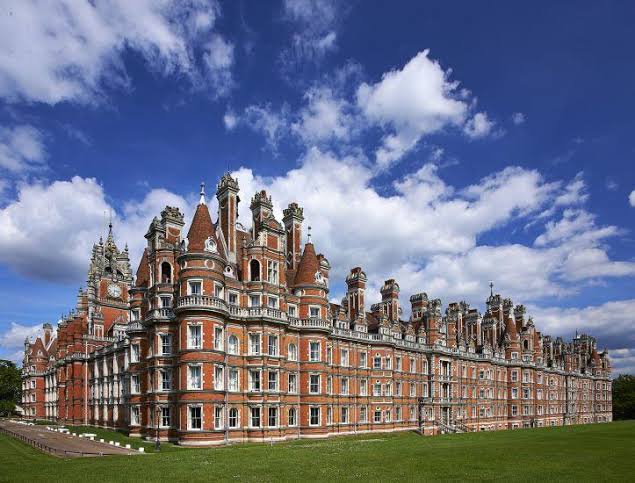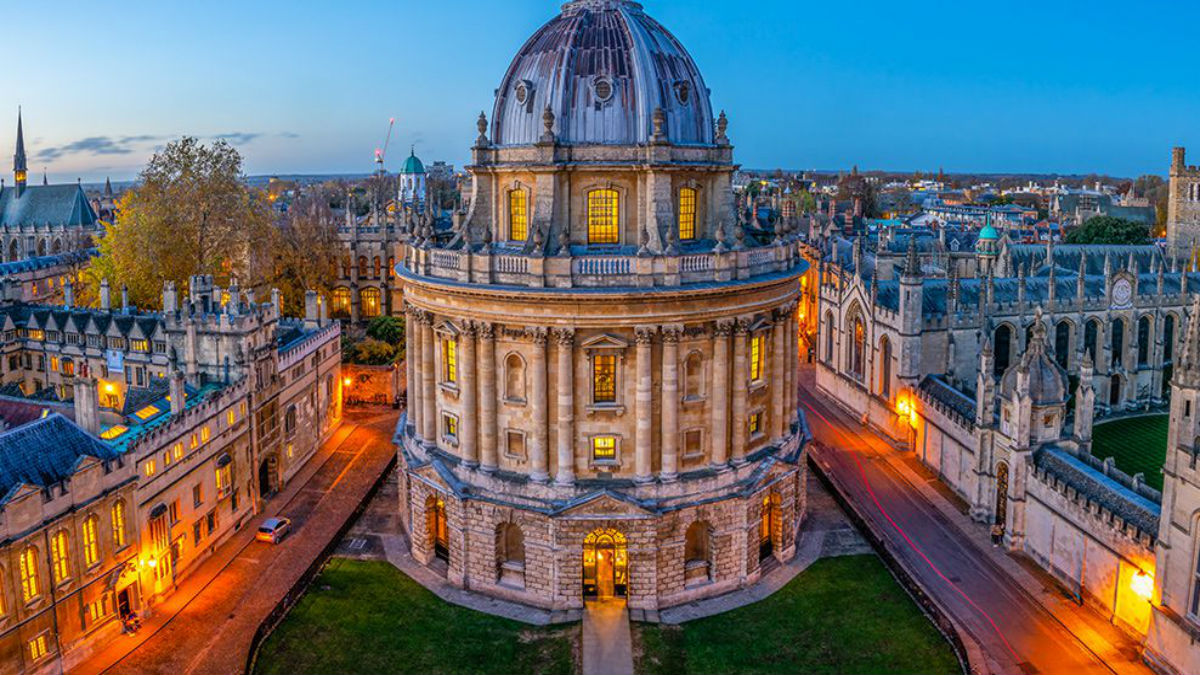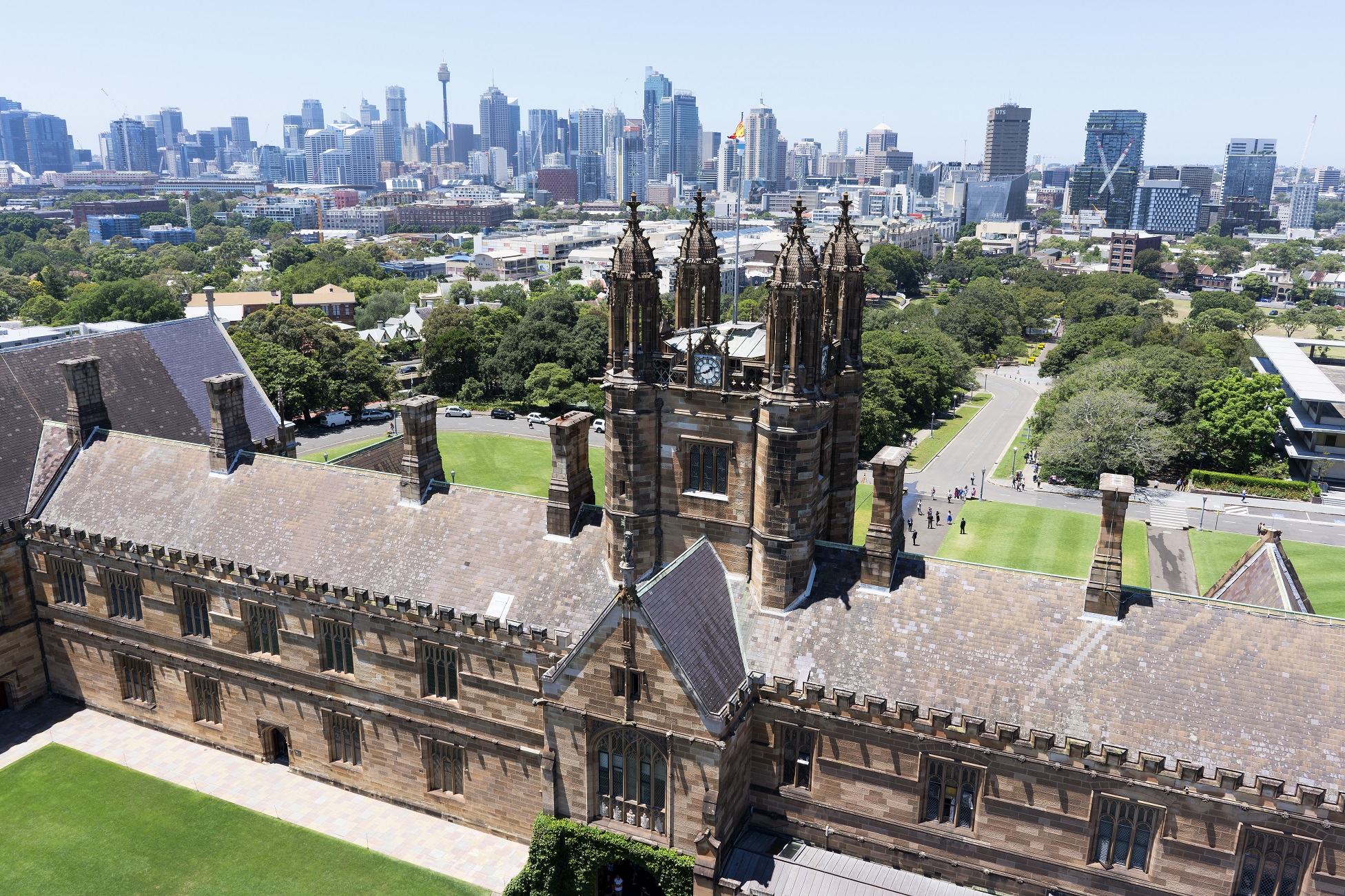With the rising number of international students seeking education abroad, student visas have become increasingly essential for seamless relocation.
These visas not only facilitate the pursuit of academic programs in foreign countries but also provide a vital legal framework for students.
Typically issued for short-term purposes, student visas require acceptance from a university or educational institution to qualify.
The duration of a student visa aligns with the length of the educational program, usually ranging from two to four years. This makes them a critical component for those planning extended stays for their studies.
Countries like the UK, US, and Canada, popular among Nigerian students, have seen consistent tuition fee increases. Despite this, many Nigerians continue to pursue their dreams of studying abroad.
In fact, a Nairametrics report highlights a significant surge in student visa approvals for Nigerians, jumping from 8,384 in 2019 to 43,200 in 2022—a 415.3% increase.
Understanding the costs associated with student visas is crucial for prospective international students. Nairametrics looks at the most expensive student visa fees worldwide in popular study destinations for 2024, according to data published on immigration websites.
Note: The fees captured here could vary slightly when applying due to other underlying costs such as health surcharge etc which were not included in the total.
- Belgium
Visa Type: Belgium student visa
Cost: $215(€200)
Applying for a student visa to study in Belgium costs approximately €200($215), covering the application and administrative fees. After arriving, you must register at your local administration office within eight days to obtain a residence card, which allows you to stay for the duration of your studies. The residence permit must be renewed annually. EU students, while not needing a residence permit, must register if staying longer than three months. Belgian student visas typically last one to two years, depending on your program. For extensions, apply for a residence permit renewal at least 14 days before expiration.
6 Denmark
Visa type: Student residency permit(visa)
Cost; $274
Non-EU/EEA students must apply for a residence permit to study in Denmark. To begin this process, students must be accepted by the IBA and pay the tuition fee (if applicable) and the Case Order ID fee.
Once these payments are received, IBA will issue “Form ST1” and send it to the student.
The student must then take both the Case Order ID and “Form ST1” to the nearest Danish Embassy or Consulate to apply for a visa.
Residence permits take around two months to process and a fee of DKK1,900 ($274) is charged. The residence permit is valid for the duration of your program, so you don’t need to worry about reapplying.
5 Finland
Visa name: Finland Student visa
Cost: £350($377)
Finland welcomes non-EU or EEA students to apply for a Finland student visa to study graduate, postgraduate, and master’s courses. International students can pursue short-term and long-term courses in Finland. A short-term student visa is issued for courses lasting less than 3 months. A student residence permit is granted for 1 year for long-term study. Depending on the course duration, you can renew it later.
An online application for the Finnish residence permit comes with other benefits: the processing for the electronic application takes 2-3 months, while the processing for the paper application takes around 3 months the electronic application fee is 350 EUR($377), while the paper application fee is 450 EUR($485)
4 Norway
Visa name: Norwegian study permit
Cost: 4900 NOK ($464)
To apply for a Norwegian study permit, Nigerian students must pay a fee of 4900 NOK($464). This fee can be paid online, at a visa application centre in Nigeria, or via bank transfer.
Nigerian students are not required to prove English proficiency to study in Norway, undergo a medical test before arrival, or set up a Restricted Bank Account, which limits monthly withdrawals and is accessible only upon arrival in Norway.
- United Kingdom
Visa name: Tier 4(General Student visa)
Cost: $528(£490
The basic fee for a standard in-country Student Visa application is £490($528). Additional services include a priority service for £500 and a super priority service for £1000.
You must also pay the Immigration Healthcare Surcharge (£776 per year from 06 February 2024) and a biometric enrolment fee.
No extra charges are needed unless you opt for an enhanced or premium UKVCAS service point, which costs £60-£125 depending on the appointment
2 United States
Visa name: F1 Student Visa
Cost: $535
The United States is one of the top destinations for international students seeking a high-quality education and diverse cultural experiences. Studying in the US offers access to some of the world’s most renowned universities, cutting-edge research facilities, and a vast range of academic programs.
As an applicant from outside the US, you will have to pay a non-refundable $185 as an application visa fee. Once received, you must pay a processing fee to be enrolled in the Student Exchange Visitor Information Systems (SEVIS).
Here, you will be required to pay $350 as the SEVIS I-901 Fee post, for which your university will provide you with a document known as Form 1-20.
This is a non-negotiable requirement for non-immigrant students applying for the above-mentioned visa types.
The F1 visa is a non-immigrant visa issued to students wishing to enter the US to study temporarily.
- Australia
Visa name: Internation Student visa
Cost: $1600
Australia recently implemented this new fee in student visa applications, raising them from $710 to $1,600 on July 1, 2024.
This 225% hike makes Australia the most expensive country for student visa applications, surpassing the costs in the United States and Canada, which are approximately $185 and $150 ($110), respectively.
The Australian government has introduced this measure as part of its broader strategy to manage record-high migration levels that have exacerbated pressure on the housing market.























